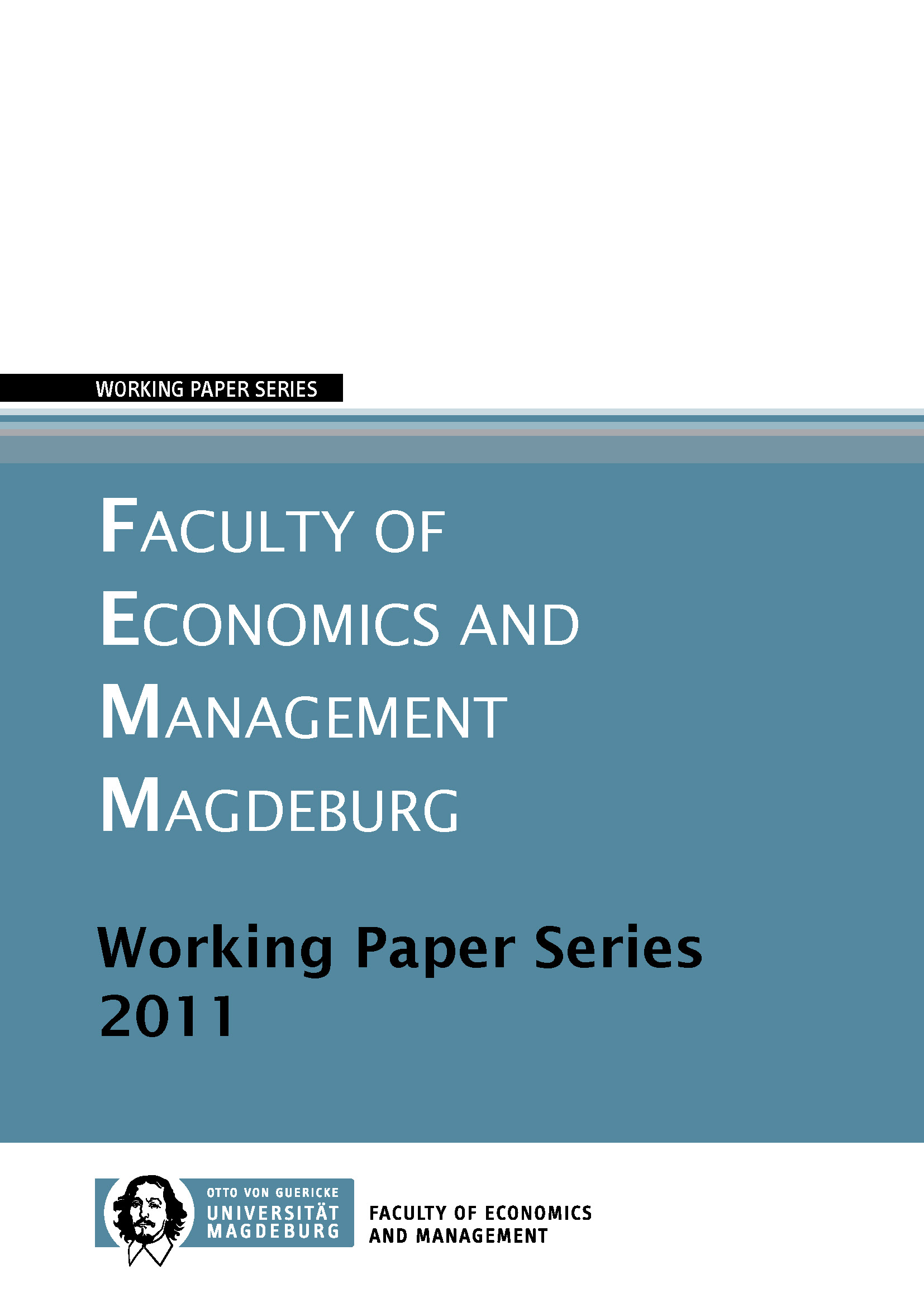Kangaroo Seminars for Knowledge Transfer in Fast-Growing Research Fields
DOI:
https://doi.org/10.24352/UB.OVGU-2018-456Keywords:
active teaching techniques, innovative teaching methods, alternative teaching approachesAbstract
We introduce, discuss, and provide an empirical appraisal of kangaroo seminars as a new instrument for knowledge transfer in fast-growing research fields. By promoting active project-based and cooperative learning, kangaroo seminars combine educational goals with the institutional goal of fast knowledge transfer between academic institutions and private and public enterprises. The key feature that sets kangaroo seminars apart from other case-based and project-based educational formats is a two-phase concept with an intensive learning course updating the students' abstract knowledge in phase one and a collaborative applied project in phase two. The project collaboration is realized by giving the student teams the opportunity to obtain an inside view of the cooperating enterprise in radically short, but highly focused internships. These internships inspired the term "kangaroo seminars," because we like to compare the role of the participating students to that of kangaroo offspring seeing the world from a position inside the pouch of the kangaroo mother, i.e. seeing the project case from a position inside the participating enterprise's organization. Our empirical appraisal is based on four kangaroo seminars in online marketing that we conducted from 2008 to 2010 cooperating with 22 small and mid-sized enterprises. Our experience shows that the desired three-way knowledge transfer procedure can be established properly and that it leads to high levels of self-reported satisfaction amongst the participating students and firms. Furthermore, firms not only report high levels of compliance with the solution concepts developed in the seminars, but also record substantially higher growth rates of their workforce (about 16%) than the overall growth of employment in the region (under 1%). Combining the high level of satisfaction and the growth rates reported by the firms, we cautiously conclude that the kangaroo seminars may have played a positive role in the economic development of the participating enterprises.


